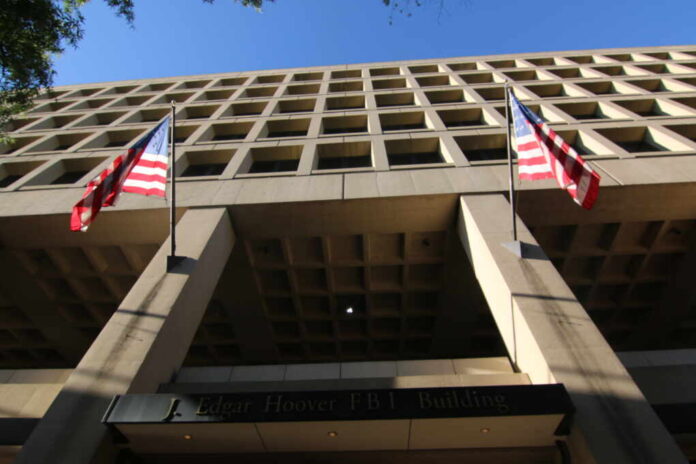
The Durham Report reveals FBI failures in the Trump-Russia investigation but falls short of proving a deep state conspiracy against the former president.
At a Glance
- Special Counsel John Durham’s 306-page report found the FBI rushed into its Trump-Russia investigation without sufficient evidence
- The investigation criticized the FBI for “confirmation bias” and relying on uncorrorated allegations from the Steele dossier
- Despite identifying serious procedural errors, the report did not find evidence of a “deep state conspiracy” or political bias
- The investigation resulted in only one conviction, with two other cases ending in acquittals
- The report’s findings now impact congressional debates over renewing key surveillance authorities
FBI’s Flawed Investigation Exposed
Justice Department Special Counsel John Durham’s long-anticipated report on the FBI’s investigation into alleged Trump-Russia collusion delivers a stinging rebuke of the bureau’s practices. The 306-page document details how federal investigators rushed to launch their probe without sufficient evidence following the 2016 election. According to the findings, the investigation began after Trump campaign associate George Papadopoulos claimed knowledge of Russian “dirt” on Hillary Clinton, yet the FBI failed to consult Russia experts before proceeding.
The Durham report specifically faults the FBI for ignoring or rationalizing evidence that contradicted their collusion theory. This “confirmation bias” led agents to pursue an investigation that ultimately found no criminal conspiracy between the Trump campaign and Russia. Perhaps most concerning, the report criticizes the FBI’s heavy reliance on uncorroborated allegations from the Steele dossier when applying for surveillance warrants against former Trump campaign aide Carter Page.
“It is essential that Congress codifies clear guardrails that prevent future FBI abuses and restores the public’s trust in our law enforcement institutions”, said Rep. Mike Turner.
Limited Results Despite Extensive Investigation
Despite identifying serious procedural errors and lapses in judgment, Durham’s investigation fell short of substantiating claims about a coordinated “deep state conspiracy” against Trump. The special counsel’s work, spanning nearly four years, resulted in just one conviction – a former FBI lawyer who pleaded guilty to altering an email used in a surveillance application. Two other cases brought by Durham ended in acquittals, raising questions about the investigation’s overall effectiveness.
Critics point to these limited legal outcomes as evidence the probe may have been politically motivated rather than justice-oriented. However, supporters maintain that the investigation’s value lies in exposing serious deficiencies in how the FBI approached a politically sensitive investigation. The report documents how the bureau relied on the Steele dossier despite failing to verify a “single substantive allegation” it contained – a failure with far-reaching consequences for public trust in federal law enforcement.
Impact on Current Surveillance Debates
The Durham report arrives at a critical moment as Congress debates the renewal of Section 702 of the Foreign Intelligence Surveillance Act, which permits surveillance of foreign communications. Republicans have seized on the report’s findings as evidence that the FBI needs stronger oversight and restrictions on its surveillance powers. The documented misuse of FISA applications against Carter Page has become a central talking point in arguments for reforming these authorities.
In response to the criticism, the FBI has implemented several corrective measures, including processes to ensure accuracy in surveillance applications and improved oversight of confidential sources. However, these changes have not satisfied many lawmakers who remain concerned about potential abuses. Even some Democrats have joined calls for limits on the FBI’s access to foreign surveillance data, reflecting bipartisan concern about protecting civil liberties while maintaining national security capabilities.
The report has also raised new questions about document handling within the Department of Justice. Senior DOJ officials reportedly were unaware of database functionality that allowed the FBI to potentially conceal the existence of Russiagate documents, according to additional reporting that builds on Durham’s findings. This technical capability to obscure information has further eroded trust in the oversight process and amplified calls for structural reforms within federal law enforcement agencies.

























